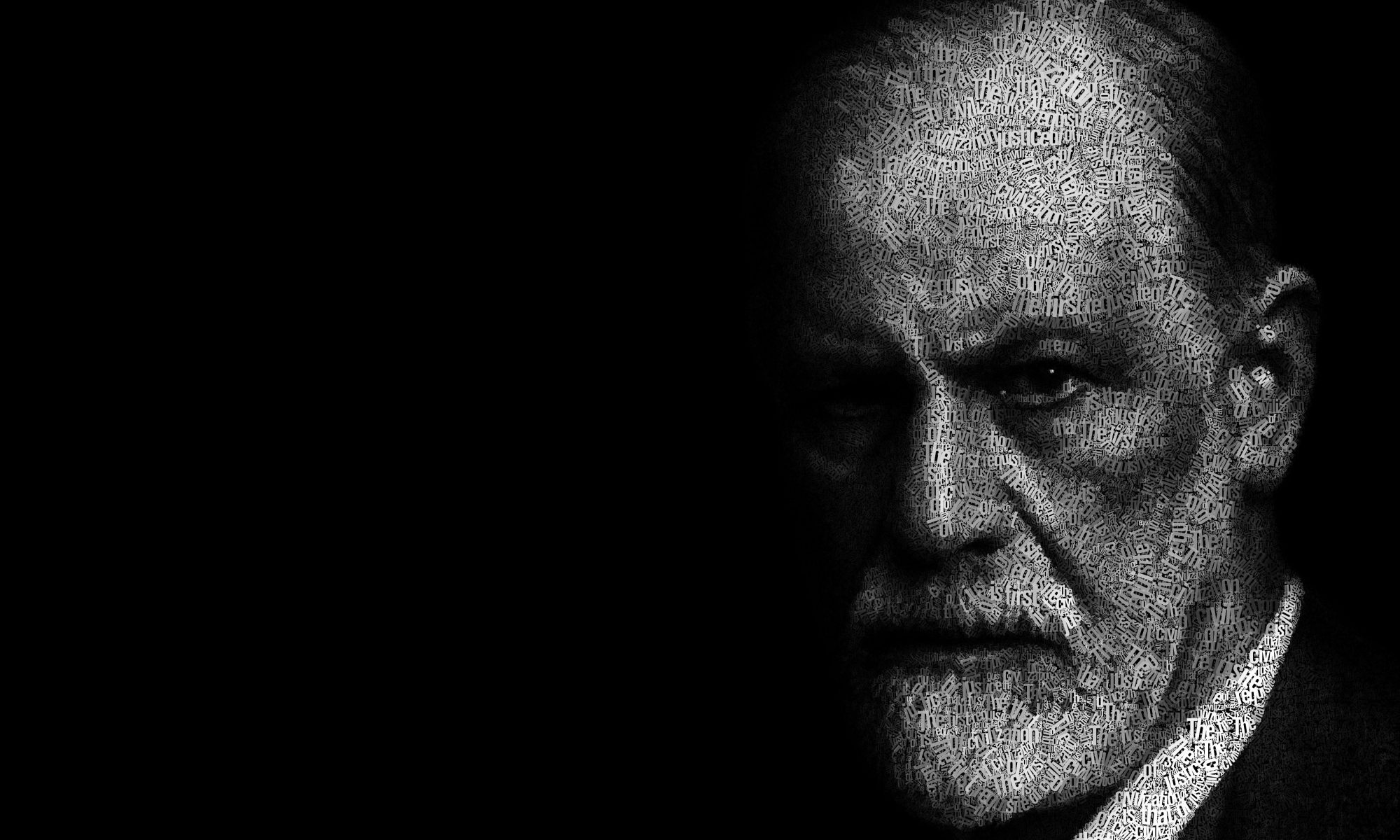
In anticipation of our IPAA 2019 on May 11 keynote we found this great article from Dr Rachman and co-author Susan A. Klett to whet your appetite before next month’s conference.
“What have we done to you – poor child?”- Sigmund Freud (1897)
There is an important irony in psychoanalysis that our book, Analysis of the Incest Trauma: Retrieval, Recovery, Renewal, attempts to address.
In actuality, psychoanalysis can be said to have been founded around 1897, when Sigmund Freud wrote to his friend Wilheim Fleiss about what he considered unraveling, the mystery of neurosis (hysteria). Freud told Fleiss that he had solved the mystery of his “neurotia,” by realizing that adult neurosis was the result of childhood seduction by parents.
Freud established in the earliest period of psychoanalysis that the origin of psychological disorders was the sexual abuse of a child within the family of origin. This was a revolutionary scientific finding because general knowledge attributed sexual abuse of children to sinister strangers, that is to say, criminals, sociopaths or pedophiles, who prey on children in public places. It was a revelation that sexual abusers were children’s guardians.
Then, in a moment of sudden reversal, Freud said that his patients were not being truthful and he abandoned the so-called seduction hypothesis. Thereafter, Freud adapted the oedipal conflict theory of neurosis, which to this day remains the cornerstone of traditional or mainstream psychoanalysis.
The focus of this book is how Freud’s most cherished friend and colleague, Sandor Ferenczi, revived and expanded the seduction hypothesis to re-establish it as a meaningful orientation in contemporary psychoanalysis.
In our book we discuss Ferenczi’s attempt to introduce a new version of the seduction theory, through his presentation of the ‘Confusion of Tongues’ paradigm and ‘Relaxation Theory’, both developed to treat the incest trauma. Ferenczi’s attempt to expand the boundaries of psychoanalysis to include the study and treatment of the incest trauma met with great resistance, criticism and attempts to suppress Ferenczi’s work. In fact, these attempts to suppress Ferenczi’s pioneering work became one of the darkest moments in the history of psychoanalysis.
Freud and the orthodox analytic community’s attempt to suppress Ferenczi’s work on the incest trauma was so successful that, for at least fifty years, Ferenczi’s ideas and clinical work was lost to generations of psychoanalysts. Our book is an attempt to preserve and to extend the analysis of the incest trauma to contemporary psychoanalysis. It is clear from all current research of the incest trauma that it is a significant disorder in contemporary society which demands immediate and long-term attention.
“It is clear from all current research of the incest trauma that it is a significant disorder in contemporary society which demands immediate and long-term attention”
By returning psychoanalysis to its roots, one of society’s most important problems can be confronted and treated. Within this book, we illustrate through various detailed case histories, examples of how a relational perspective of Ferenczi and the Budapest School of psychoanalysis can provide a meaningful theory and technique to analyze and treat the incest trauma.
Authors: Arnold Wm. Rachman, Ph.D, F.A.G.P.A. and Susan A. Klett, LCSW-R, BCD, NCPsyA – karnacology.com/2015/07/20/analysis-of-the-incest-trauma-by-arnold-w-rachman-and-susan-a-klett/
You can find out more about IPAA 2019 here
